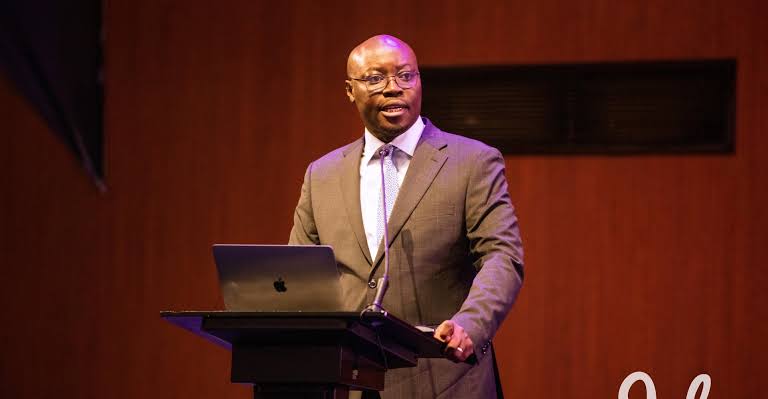
Gov’t Spending Fall Below 14%
Oct 13, 2025
by Ekow Benyah Oct 13, 2025

Government Spending Falls 14% Below Target — Bank of Ghana Report
October 13,2025
Tighter Fiscal Discipline Shows Improved Expenditure Control in First Seven Months of 2025
Government spending for the first seven months of 2025 has been kept significantly below target, reflecting tighter fiscal discipline and improved expenditure control, according to the Bank of Ghana's September 2025 Monetary Policy Report.
Expenditure Performance
Total government expenditure stood at GH¢131.1 billion, equivalent to 9.4 percent of GDP, compared to a target of GH¢152.6 billion, or 10.9 percent of GDP. The outturn represents a 14.1 percent shortfall relative to target but marks a 9.3 percent increase year-on-year.
Spending Category Breakdown
All major spending categories came in below target, except compensation of employees. Interest payments dropped significantly to GH¢28.9 billion, approximately 19.5 percent below the GH¢36 billion target, largely due to declining domestic interest rates and a stronger cedi.
Compensation of employees slightly exceeded projections at GH¢44.9 billion, reflecting the government's commitment to meeting salary obligations.
Sharp Drop in Capital Expenditure
Capital expenditure (CAPEX) fell sharply to GH¢10 billion, nearly 63 percent below the GH¢22.4 billion target. The report notes that domestic CAPEX reached GH¢6.6 billion, mainly under the Big Push initiative, with foreign-financed projects contributing GH¢3.4 billion.
No New Arrears Buildup
Arrears clearance amounted to GH¢4.8 billion, below the GH¢8.1 billion target. Notably, there was no new arrears buildup during the period—a positive sign of stronger expenditure management and the government's commitment to fiscal consolidation.
Implications for Fiscal Policy
The significant underspending, particularly in capital expenditure, demonstrates the government's determination to maintain fiscal discipline amid economic challenges. However, the sharp reduction in infrastructure spending may raise questions about the pace of development projects and their potential impact on economic growth.
The lower-than-expected interest payments provide some fiscal relief, attributed to improved monetary conditions including declining interest rates and exchange rate stability. These factors have helped reduce the cost of servicing Ghana's debt burden.
Economic Outlook
The Bank of Ghana's report suggests that the government's fiscal consolidation efforts are yielding results, with improved expenditure control and no accumulation of new arrears. This fiscal discipline is crucial for maintaining macroeconomic stability and supporting the country's broader economic recovery objectives.
The performance in the first seven months of 2025 sets a positive tone for Ghana's fiscal management, though stakeholders will be watching closely to see if this discipline can be sustained through the remainder of the year while still meeting critical development needs.

Oct 13, 2025